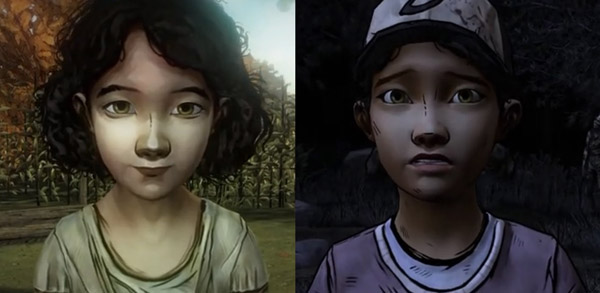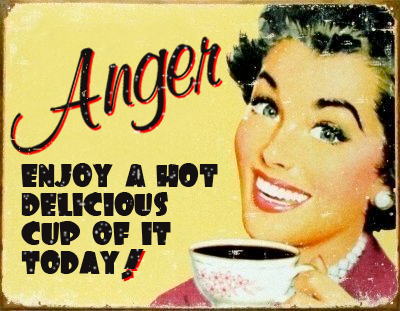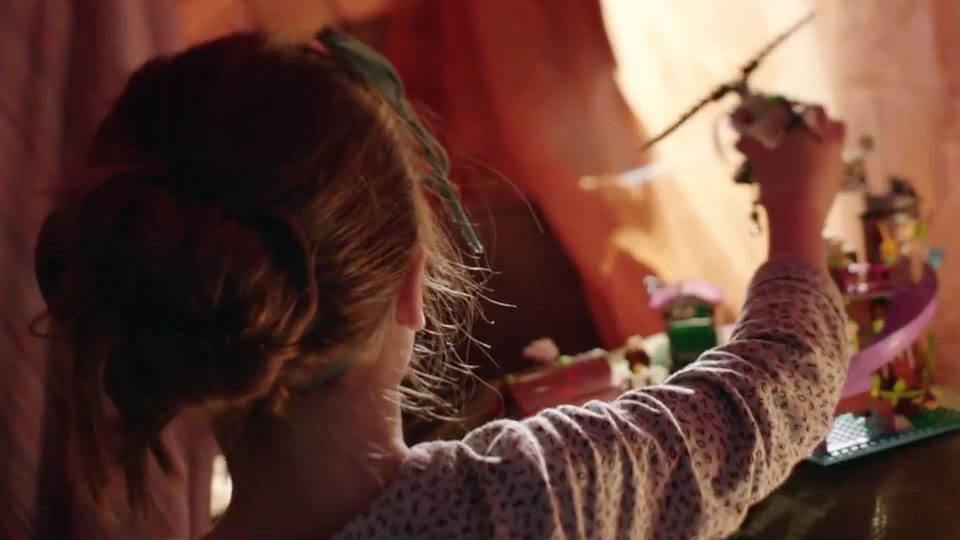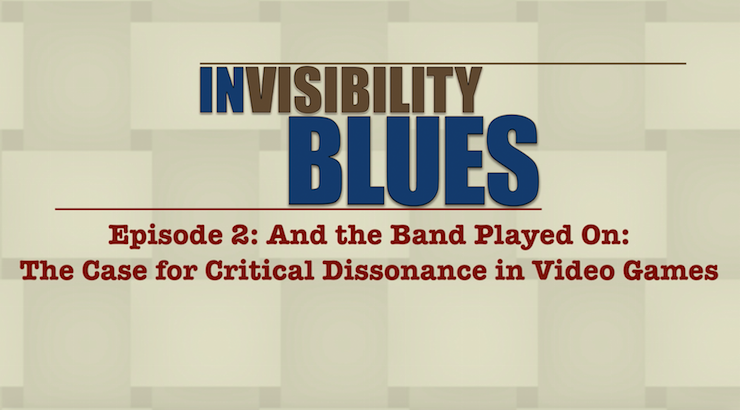Video games allow us to play in the realm of the macabre. We can be monsters, killers, and super villains. We can exist in worlds that are full of human wreckage, zombies, death, decay. Like our fascination with post-apocalyptic movies and books, video games allow us to explore countless realms that show us the gruesome past and future of our world or other worlds.
Games are also known for causing all sorts of moral panic in the media. There is an assumption that violent games cause violent behavior, regardless of the number of times this has been disputed, debunked, and disproven. There is also an assumption that only devious or weird individuals would want to play games that are on dark themes. Of course, the assumptions don’t stop there: playing dark games assumes you’re a disturbed individual AND dark games cause you to be more disturbed. This is discussed extensively in a book I’m reading called The Dark Side of Game Play: Controversial Issues in Playful Environments edited by Torill Elvira Mortensen (what a great name for a book on dark play), Jonas Linderoth, and Ashley ML Brown.
The authors talk about the contradiction within most gamers: the desire to see the industry “grow up” (as the authors call it, I would call it something else… as they mean the industry should become less sexist and racist and homophobic) and the desire to still play with something controversial and forbidden. Griefing is one type of dark play—finding pleasure in ruining the game experience for someone else. In the discourse of games, the authors even show how the word “dying” has lost any real meaning because so many games feature repeated dying and killing. This book got me thinking: when do I enjoy playing deviously? Am I drawn to dark kinds of play? And what does this all say about me?
In games I tend to pick the “good” side. I always felt more comfortable playing alliance in WoW, though play horde now because all my friends play horde. I also was devoutly good in games where you could choose darker paths. I liked playing the hero. It pleased my brain to know there was a good and an evil and that I was on the correct side. Like the above authors discuss in the Dark Play book, young Alex would often look skeptically at people who chose to play the evil side, as if there was something wrong with them.
Fast forward to critical, adult Alex. I’ve discovered some new truths, in WoW and other games: the good side often really isn’t all that good. As a young horde player, I get ganked and griefed and camped more often than I did as an alliance player. One of the most interesting occurrences is how often a random alliance player will camp a horde area for no reason, or assumedly because they feel righteous in their attack. You can tell when a bunch of max level characters are hanging around that someone ganked someone else and it escalated into a war. This was a very familiar sight when I played alliance. Now, however, I often run into solo alliance players flying around a zone killing any horde they see. This act is supposedly against their RPG mission (they’re the “good guys,” after all). It’s as if my life deserves to be ended because of my affiliation.
The same thing happens in single player games. I can think of several instances in Fable, Elder Scrolls, Fallout, and tons more games where you can be evil—but the story tends to humanize your evil behavior. It’s sort of like the “would you steal bread to feed your starving family” question. We are all capable of horrific acts when pushed far enough or for a good enough reason.
What I find particularly fascinating is that the “good” track in games often has the player conduct horrible atrocities, but they’re always cast in a positive light and done uncritically. In Destiny 1 + 2, you kill countless enemies for no real reason. You kill religious beings in the middle of prayer without explanation. In Civilization you kill barbarians and take their land. It’s this way in many stories, whether in movies, games, or books: as long as you’re on the “good” side, you can murder at will.
My fascination with the idea of dark play isn’t so much the act of committing evil deeds, because we do that constantly in games, but rather it’s the idea that the “evil” side might not be all that evil and that the “good” side might not be all that good. It’s this kind of subversive play that I think video games should begin to explore more.
If you’re interested in more posts on morality in games, check out the articles below:
Morality in Games; Or, Why I Don’t Go Rogue
How Bad is Too Bad?: Video Game Villains
When “Good” Guys Do Bad Things: Conflating Achievement with Morality
Can you think of games that let you be truly evil? Or games where the hero commits atrocities that would shame any villain? Leave your comment!




